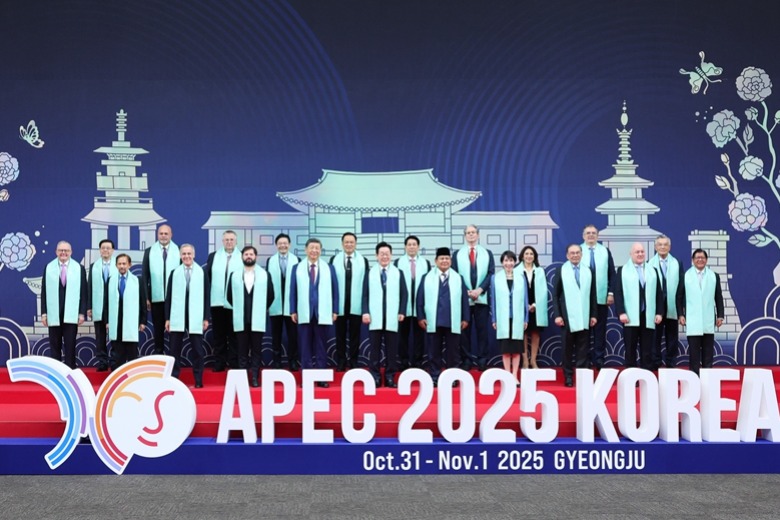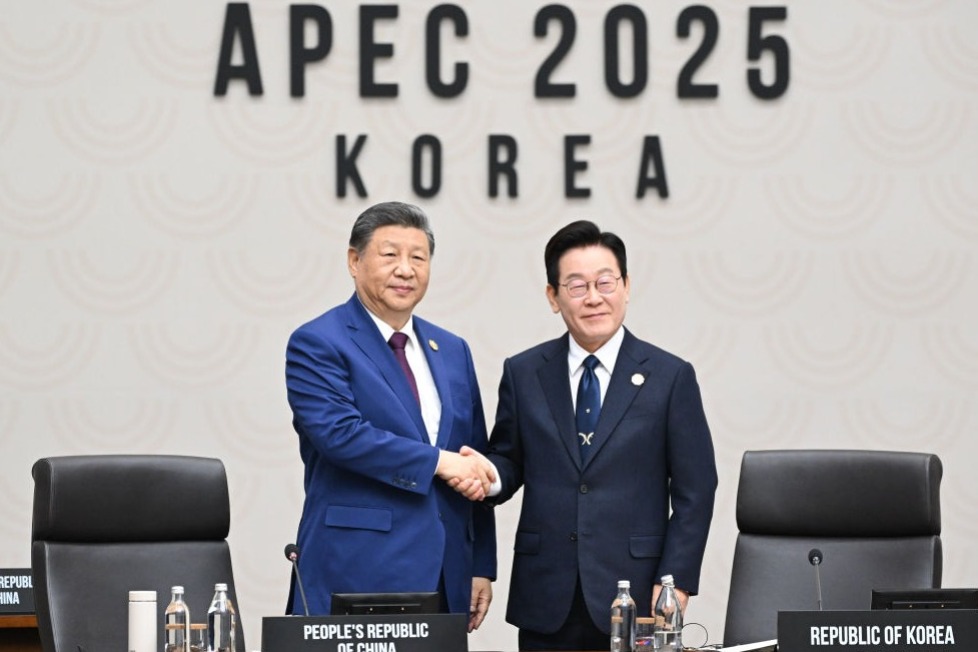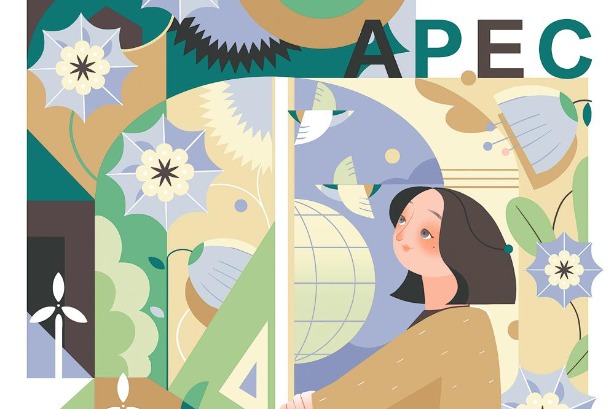Progress, challenges in gender equality in China


Gender discrimination is a worldwide problem. The violation of women’s inherent rights and freedoms makes headlines around the globe, and women still face discrimination because of their gender. In addition to being susceptible to domestic violence, many women are still not entitled to play their roles freely in society, which is a strong blow to democratic and international principles.
It is self-explanatory that “all human beings are born free and equal in dignity and rights,” as the Universal Declaration of Human Rights (UDHR) stated. All people should treat others in a nondiscriminatory manner and protect the rights, dignity and liberties of women, who should be equal to men. Gender discrimination has no room in international instruments of law, and both men and women should be able to freely exercise their dignity and fundamental rights to life, liberty and property.
The Chinese government supports the principle of nondiscrimination, where men and women are equal in the eyes of Chinese national laws. China’s Constitution states in Article 48, “Women in the People’s Republic of China enjoy equal rights with men in all spheres of life, in political, economic, cultural, social and family life”. It adds, “The State protects the rights and interests of women”. Likewise, the Law of People’s Republic of China on the Protection of Rights and Interests of Women underscores the equal rights of men and women, and also mentions at the end of Article 2, “Discriminating against, maltreating, abandoning and physically abusing women are prohibited”.
A number of women play important roles in China’s political and economic leadership. Sun Chunlan, 67, is the Chinese vice-premier. Women also serve as presidents of the Inner Mongolia and Ningxia Hui autonomous regions, governor of Guizhou province and chief executive of the Hong Kong Special Administrative Region. There are women on the Central Committee and many others who work as Chinese ambassadors and diplomats overseas.
In the business world, more Chinese mainland firms have at least one woman on their senior management team compared to companies in Eastern Europe, the US, the entire Asia-Pacific region and Latin America.
In March, a Chinese envoy reported to a UN meeting on women that better laws and policies have had a positive impact on the status and welfare of women in China, especially those living in rural areas.
Despite the fact that China promotes women’s rights and dignity and has ratified the Charter of the United Nations, UDHR and the Convention on the Elimination of All Forms of Discrimination against Women, no single legislation can completely eradicate gender discrimination in society. There is still work to be done to improve the lives of women in China.
Women continue to be victims of sexual harassment. For example, a 19-year-old girl committed suicide in Gansu province on June 20 because of purported sexual harassment. In the same month, a university lecturer was removed from his position in Shandong province for allegedly harassing several of his female students.
Discrimination against women remains an issue in the workplace. For instance, an investigation by Renmin University of China released in March revealed that employers are more reluctant to offer key positions to women who have had a second child, believing the women will need to spend great amounts of time and energy caring for their children.
A lower national retirement age for women also narrows opportunities for promotion. The retirement age is 60 for men, but 55 for female civil servants and state enterprise employees and 50 for all other female workers.
Mao Zedong once said, “Women hold up half the sky,” emphasizing that women are as capable as men and worthy of equal status and rights. As China continues to play an increasingly important role in the world, making more advances in gender equality will help the country stand tall as a role model in supporting women.
The author is an Afghan journalist and freelance writer based in Beijing.


































